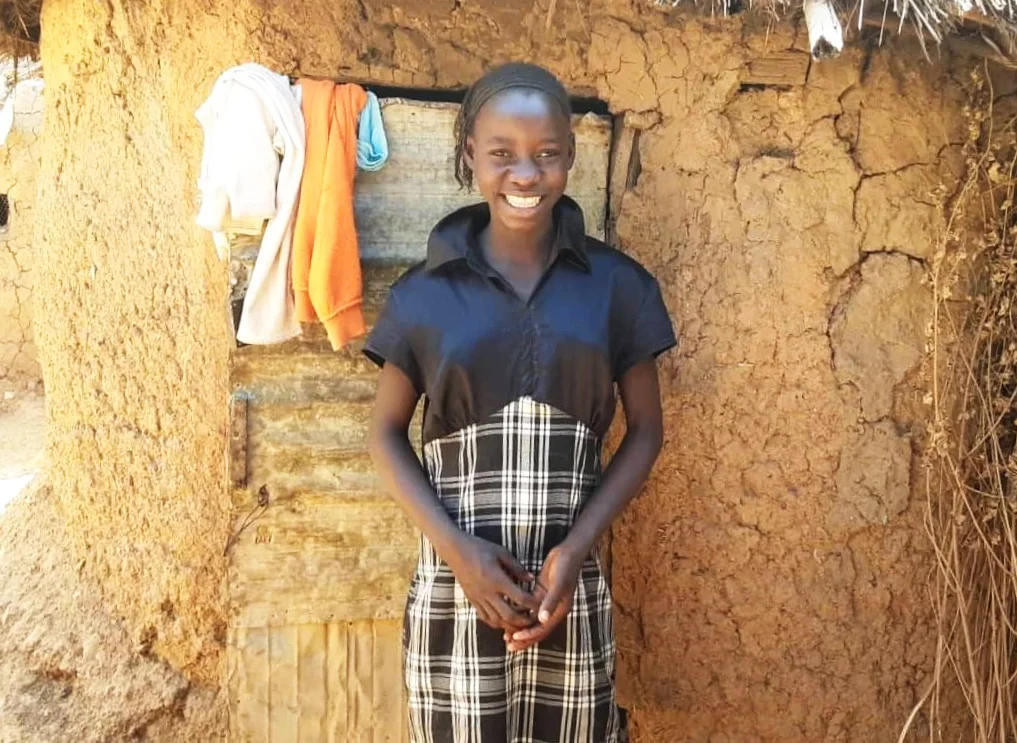"I am a child, I don't want to be a bride."
At just 14 years old, Salimata narrowly avoided being forced into marriage thanks to an aunt who had been involved in awareness training on child marriage, gender-based violence and girls’ rights, run by Plan International.

Economic insecurity is often one of the main contributing factors when it comes to child, early and forced marriage. When parents struggle to provide for their children, they may decide to marry daughters very early so a husband can support her - giving marriage the illusion of financial stability. Other influences include traditions, lack of information and social pressures.
Struggling to provide for her children since the death of her husband, Salimata’s mother started putting pressure on Salimata to get married at just 14 years old. In the eastern part of Mali where Salimata lives, child marriage is rooted in tradition and it’s difficult to go against the wishes of your elders, even more so when they suspect a girl is dating boys.
help end child marriage
"Every day I suffered insults from my mother. She said I was already going out with boys so I should get married to contribute to the family load. But I am a child, I don't want to be a bride," Salimata says. Mali has the fifth highest prevalence rate of child marriage globally with 54% of girls in Mali married before the age of 18 and 16% married before their 15th birthday.
Faced with this stressful situation, Salimata became withdrawn and her education started to be affected. Seeking support from her school headmaster, he agreed to try to persuade her mother to reconsider. "I am against child marriage, I met with Salimata's mother to express my wish to let her daughter continue her studies, she has a lot to do with the performance and development of her daughter who was often in tears," he explains.
When Plan International started a new project to fight against the practice of child marriage in her community, we met Salimata and heard her story. The project brings together community leaders, women's groups and youth associations for training on child marriage, gender-based violence and girls’ rights. The groups are also encouraged to discuss the issues affecting girls and women through intergenerational dialogues.
Salimata's aunt, a member of the village women's group, was one of those who took part in the training sessions initiated by the project. Noting the despair of her niece, she decided to approach Salimata's mother and invite her to one of the awareness and information sessions. Fortunately, she agreed and finally came to understand the harmful effects of child marriage and abandoned the idea of forcing her daughter to get married.
"I look after the wellbeing of all the children, especially the girls of the village. I am a member of the women's group but above all I am Salimata's aunt. It is my duty to look after her. I can't let any girl get married before they are adults," says Salimata’s aunt.
help end child marriage
Salimata has found her smile again and is now full of hope and enthusiasm for her future. "I thank my aunt for all the efforts she has made. She kept telling my mother that I am just a child and that she should leave me alone with this marriage story. The awareness sessions were key to getting my mother to change her mind.”
Salimata's story is one of many. You'll be able to read more how Plan International is helping girls say no to child marriage in the coming weeks.

